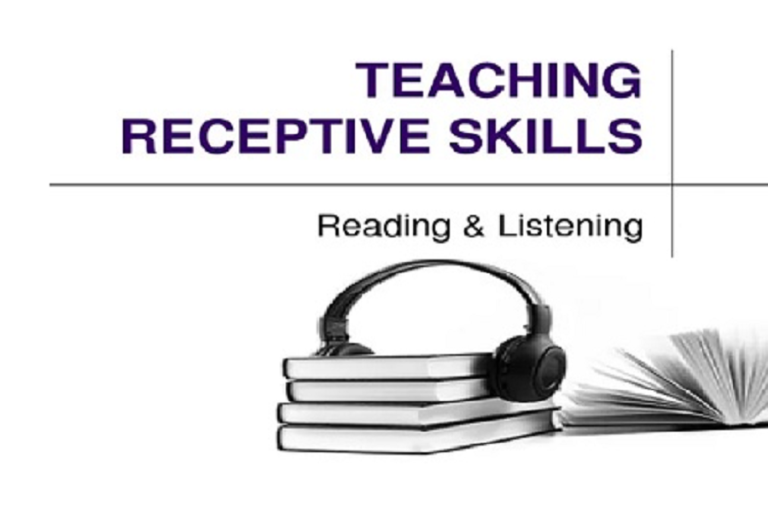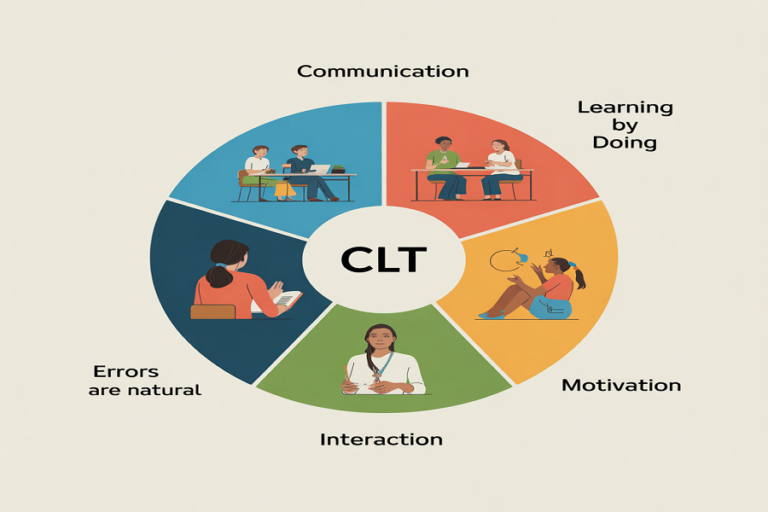
Teaching English is a fulfilling career, but many educators find themselves stuck in the limitations of general English instruction. If you’re teaching large groups of children or teenagers, managing repetitive lesson plans, or struggling to earn a sustainable income, it’s time to consider a more rewarding path: Business English teaching.
Here’s why transitioning from General to Business English Teaching could significantly transform your teaching career and income potential.
1. Unlock Substantially Higher Earnings
The income ceiling for general English teaching tends to be low, typically ranging between $10 and $25 per hour worldwide, often with little room for progression.
In contrast, Business English teachers command significantly higher fees:
- Freelance Business English tutors regularly earn between $30 and $50 per hour.
- Corporate trainers can charge up to $100 per hour for workshops, executive coaching, or in-house training.
- There is also scope for additional income through selling lesson materials, developing niche-specific courses, or creating subscription-based content.
These rates reflect the premium placed on specialised skills, industry knowledge, and the ability to help clients communicate effectively in global business environments.
2. Teach Motivated Professionals Instead of Unprepared Students
One of the biggest frustrations in general English teaching is managing students who lack motivation or consistency—missed homework, disruptive behaviour, or lack of focus are common.
Business English learners, on the other hand, are typically adult professionals with clear goals. They are:
- Committed and punctual.
- Willing to invest in their progress.
- Actively applying what they learn in real-world contexts like meetings, emails, negotiations, and presentations.
This shift in student attitude creates a more respectful and intellectually rewarding classroom dynamic, whether online or in person.
3. Stand Out by Specialising in a High-Demand Niche
The general ESL market is saturated, especially on popular tutoring platforms, where hundreds or even thousands of general English teachers compete for students, often driving prices down in the process.
However, by focusing on Business English—and even more specifically, on niches such as English for IT professionals, healthcare workers, finance executives, or legal practitioners—you can:
- Position yourself as a specialist rather than a generalist.
- Reduce competition and attract targeted, high-paying clients.
- Offer bespoke, results-driven language training that justifies premium pricing.
This kind of specialisation sets you apart and builds a strong, personal brand as a Business English expert.
4. Work Fewer Hours While Earning More
Transitioning to Business English doesn’t just increase your pay per hour—it also allows you to reduce your overall workload while maintaining or even boosting your income. For instance, A teacher working 30 hours a week at $18/hour with young learners earns around $540/week. If that same teacher transitions to Business English and teaches just 12 hours a week at $48/hour, they earn $576/week—more money in less time.
This efficiency gives you greater flexibility, work-life balance, and time to focus on professional development or other income streams.
5. Tap into Global and Corporate Opportunities
The market for Business English is international and growing. With a solid Business English background, you can:
- Teach remotely to clients in major economies such as Germany, Japan, South Korea, and the UAE.
- Secure long-term corporate contracts with multinational companies, training teams or departments over several months.
- Enhance your visa options if you’re considering relocation—many countries value Business English qualifications as part of skilled worker immigration pathways.
As businesses continue to globalise, English fluency in the workplace becomes a necessity, not a luxury, putting skilled Business English teachers in high demand.
6. Future-Proof Your Career in the Age of AI
While AI tools can offer grammar correction or language practice, they can’t replace human expertise when it comes to:
- Tailoring instruction to individual goals.
- Coaching learners on how to handle nuanced conversations.
- Preparing professionals for real-time interaction, cross-cultural communication, or complex workplace tasks.
The Cambridge Annual Report 2023–2024 found that 67% of non-native professionals need industry-specific English training—a need that’s only expected to grow.
Business English teaching is one of the most AI-resistant niches in education, offering long-term career security.
Ready to Make the Transition?
Shifting from general to Business English teaching doesn’t happen overnight—but with a strategic approach, it’s achievable. Here’s a simplified plan to help you get started:
1. Invest in Business English Certification
Look for affordable, reputable programs that provide practical training in business communication, needs analysis, and lesson planning for professionals. Certifications are especially helpful if you aim to work with corporate clients.
Here are the best business English certifications for jobs [2025]
2. Choose a Niche Aligned with Your Strengths
Consider your background or interests: Are you familiar with finance, tech, marketing, or healthcare? Specialising in one of these areas allows you to create highly targeted lesson plans and connect more easily with clients.
3. Build a Professional Teaching Toolkit
Equip yourself with tools that help you deliver polished, high-quality sessions:
- A lesson template library focusing on business functions (emails, meetings, negotiations), such as ESL Brains lesson plans.
- Tools designed for creating attractive materials, such as Canva Pro.
- Tools to support grammar checking and error correction, such as Grammarly Pro
4. Start Building Experience
If you lack corporate experience, don’t worry. You already have transferable teaching skills—explaining grammar, guiding conversations, and providing feedback all translate well to the business context.
Start by offering free trial sessions, volunteering with a professional, or shadowing a mentor.
Final Thoughts
The transition from general to Business English teaching is more than a career pivot—it’s a chance to elevate your income, reduce burnout, and make a meaningful impact on global professionals.
Whether you’re a seasoned ESL teacher or just starting to explore this path, now is the perfect time to position yourself in one of the most lucrative and future-ready segments of English language education.
Your teaching expertise is valuable—make sure you’re being paid what you’re truly worth.






